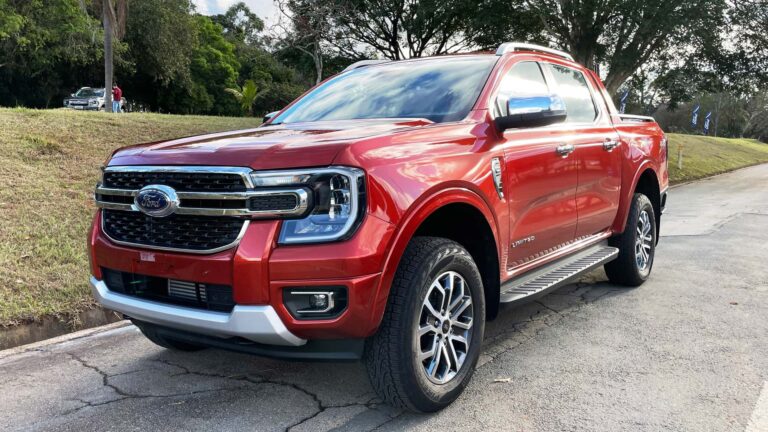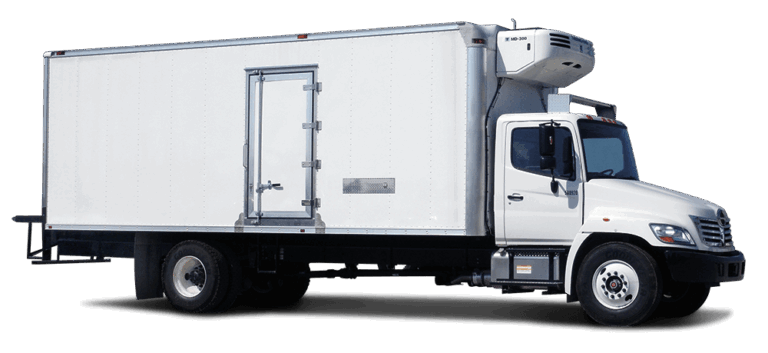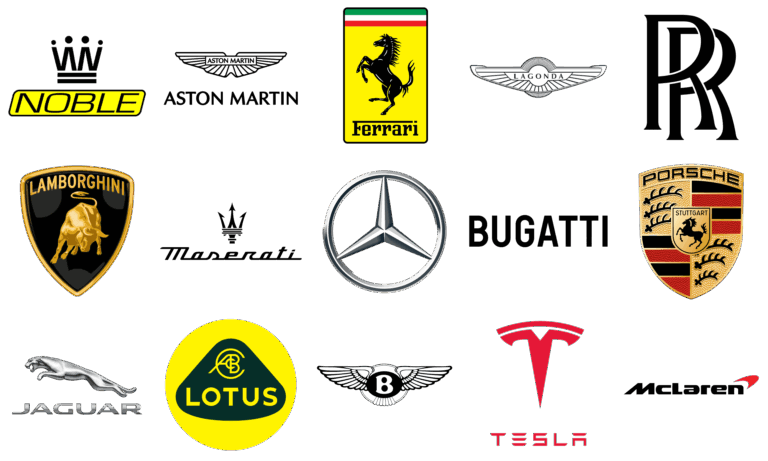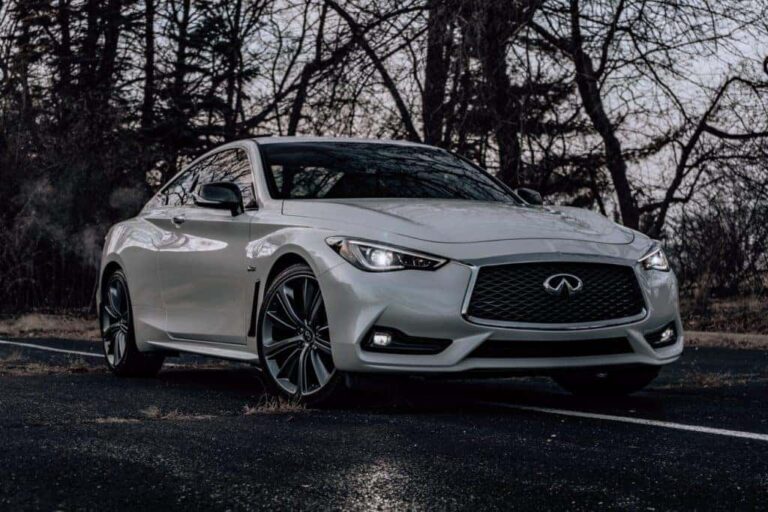What Are Good Car Battery Brands: A Comprehensive Guide to Powering Your Ride
What Are Good Car Battery Brands: A Comprehensive Guide to Powering Your Ride cars.truckstrend.com
The humble car battery, often overlooked until it fails, is the beating heart of your vehicle’s electrical system. It provides the initial surge of power to start the engine, and then works in conjunction with the alternator to supply electricity to all your car’s electronic components. Choosing a good car battery brand isn’t just about avoiding roadside emergencies; it’s about ensuring reliable performance, extending your vehicle’s lifespan, and ultimately, enjoying peace of mind on every journey. This comprehensive guide will delve into what makes a battery brand "good," highlight top contenders, and equip you with the knowledge to make an informed decision for your vehicle.
Understanding Car Batteries: More Than Just a Box
What Are Good Car Battery Brands: A Comprehensive Guide to Powering Your Ride
Before diving into brands, it’s crucial to understand the fundamental types and specifications of car batteries. The majority of modern car batteries fall into a few key categories:
- Flooded Lead-Acid (SLA/Wet Cell): These are the most common and traditional batteries. They contain liquid electrolyte (sulfuric acid and water) and require occasional maintenance (checking water levels in some models). They are cost-effective but can be sensitive to vibration and orientation.
- Absorbed Glass Mat (AGM): A step up from flooded batteries, AGM batteries use fiberglass mats to absorb the electrolyte, making them spill-proof, vibration-resistant, and more durable. They offer higher cranking power and faster recharging, making them ideal for modern vehicles with stop-start systems or extensive electronics.
- Enhanced Flooded Battery (EFB): A hybrid technology designed as a cost-effective alternative to AGM for stop-start vehicles. EFBs offer improved cycle life and charge acceptance compared to standard flooded batteries but are not as robust as AGMs.
Key Specifications to Look For:
- Cold Cranking Amps (CCA): This is the most critical rating, indicating the battery’s ability to start an engine in cold temperatures. A higher CCA means better starting power in frigid conditions.
- Reserve Capacity (RC): Measures how long a fully charged battery can power essential accessories (like headlights) if the alternator fails. A higher RC means more time to reach safety.
- Voltage (V): Standard car batteries are 12-volt.
- Size (Group Size): Batteries come in various physical dimensions and terminal placements. Always match your vehicle’s required group size.
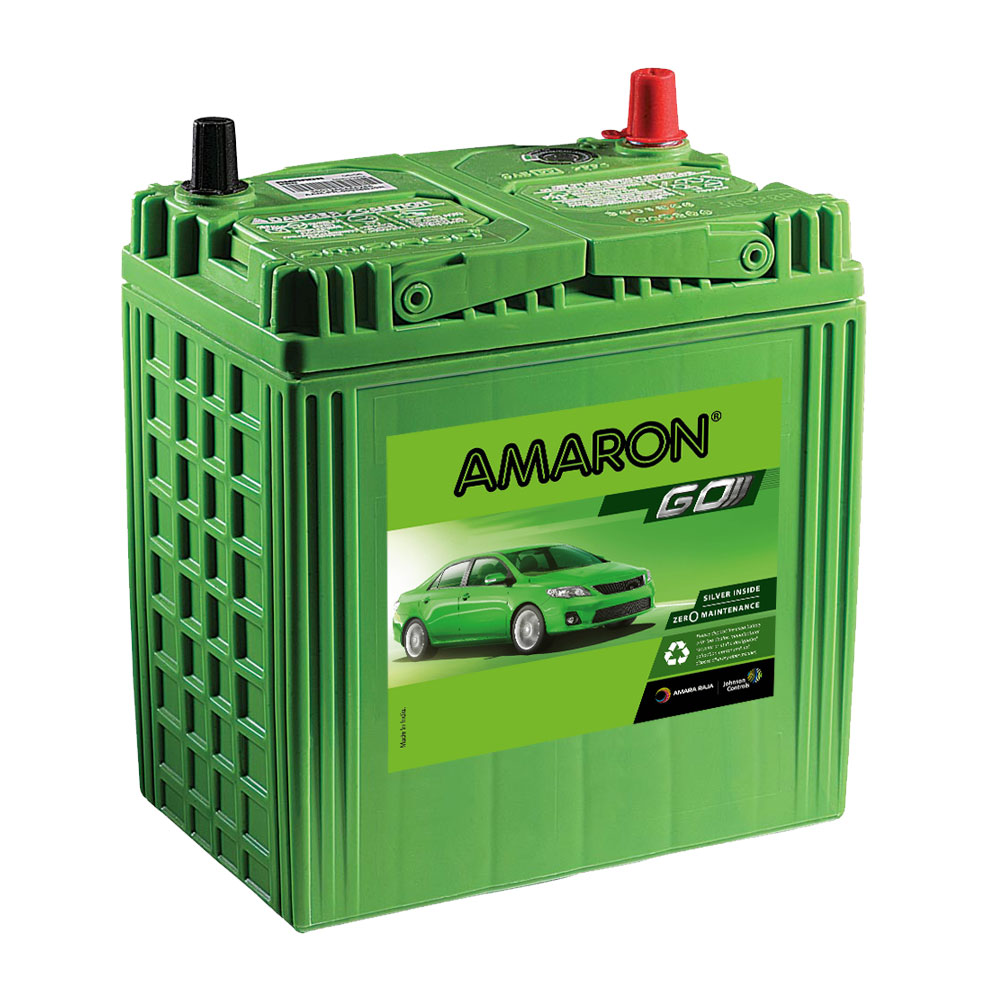

Why Brand Matters in Car Batteries
While many batteries might look similar on the outside, the brand behind them often signifies a commitment to quality, innovation, and customer support. Here’s why brand reputation is paramount:
- Quality Control & Manufacturing Standards: Reputable brands invest heavily in research, development, and stringent quality control processes. This ensures consistent performance, adherence to specifications, and a lower likelihood of manufacturing defects.
- Durability & Longevity: High-quality brands use superior materials and construction techniques, leading to batteries that last longer and withstand harsh conditions better.
- Innovation & Technology: Leading brands are at the forefront of battery technology, developing advanced designs like AGM and EFB to meet the increasing demands of modern vehicles.
- Warranty & Customer Support: Established brands typically offer better warranties and more reliable customer service, providing peace of mind in case of an issue.
- Reliability: Ultimately, a good brand translates to a reliable product that you can trust to start your car every time, regardless of the weather.
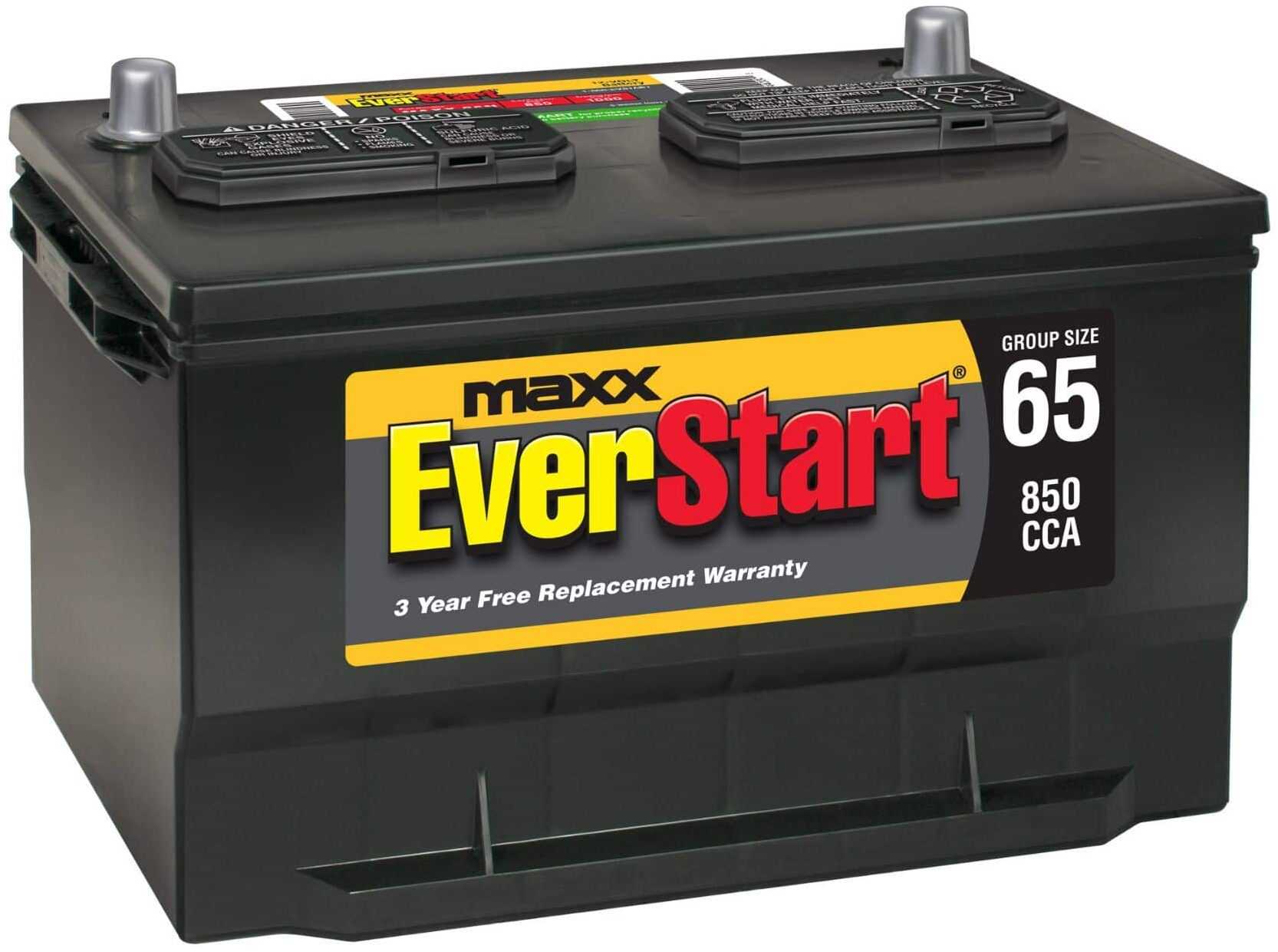
Top Contenders: Good Car Battery Brands to Consider
The market is flooded with car battery brands, but some consistently stand out for their quality, performance, and reliability. Here are some of the most highly regarded:
-
Optima Batteries:
- Strengths: Known for their unique SpiralCell Technology, which makes them incredibly resistant to vibration and provides superior starting power. Optima offers specialized batteries (RedTop for starting, YellowTop for deep cycle and starting, BlueTop for marine/RV). They are premium, high-performance batteries.
- Ideal For: Performance vehicles, off-roaders, vehicles with extensive aftermarket electronics, or anyone seeking ultimate reliability.
-
Interstate Batteries:
- Strengths: One of the most recognized and widely available brands in North America. Interstate batteries are known for their strong performance, extensive product line (covering virtually all vehicle types), and solid warranties. They offer reliable flooded and AGM options.
- Ideal For: Most everyday drivers looking for a dependable replacement battery with widespread availability and service.
-
ACDelco:
- Strengths: As the original equipment (OE) manufacturer for General Motors vehicles, ACDelco offers high-quality batteries that meet or exceed OE specifications. Their professional series batteries are well-regarded for reliability and value, available for a wide range of makes and models, not just GM.
- Ideal For: Owners of GM vehicles, but also a great choice for anyone seeking a reliable, OE-quality battery at a competitive price.
-
Bosch:
- Strengths: A global powerhouse in automotive components, Bosch batteries are known for their German engineering and quality. They offer a range of batteries, including high-performance AGM types, designed for European and Asian vehicles, but suitable for many others.
- Ideal For: Drivers seeking premium quality and advanced technology, especially for European luxury vehicles or cars with high electrical demands.
-
DieHard (by Clarios):
- Strengths: A venerable American brand with a long history of reliability. While no longer exclusively sold at Sears, DieHard batteries are now manufactured by Clarios (formerly Johnson Controls, a major battery producer) and are available at various retailers. They offer standard flooded, AGM, and EFB options.
- Ideal For: Consumers looking for a trusted, long-standing brand with a good balance of performance and value.
-
EverStart (Walmart) & Kirkland Signature (Costco):
- Strengths: While store brands, these batteries are often manufactured by major players like Clarios or Exide. They offer excellent value for money and come with competitive warranties, making them popular budget-friendly options without sacrificing too much quality.
- Ideal For: Budget-conscious buyers who need a reliable battery for an everyday vehicle and appreciate the convenience of big-box retailers.
-
Exide:
- Strengths: One of the world’s largest manufacturers of lead-acid batteries, Exide has a vast product line, including flooded, AGM, and commercial batteries. They are known for their robust construction and wide availability.
- Ideal For: A solid, reliable choice for a broad range of vehicles, offering good performance and value.
Factors to Consider When Choosing a Car Battery
Beyond brand, several practical considerations will guide your battery purchase:
- Vehicle Compatibility (Group Size & Terminal Location): This is non-negotiable. Always consult your owner’s manual or a reputable parts database to determine the correct battery group size and terminal configuration for your specific make, model, and year.
- Cold Cranking Amps (CCA) Requirement: Match or exceed your vehicle’s recommended CCA rating, especially if you live in a cold climate.
- Climate: Colder climates demand higher CCA ratings. Hot climates can be equally hard on batteries, leading to faster internal corrosion.
- Driving Habits: If you primarily make short trips, your alternator may not fully recharge the battery, potentially shortening its life. Consider a battery with better charge acceptance or use a battery tender.
- Vehicle Technology: Modern cars with stop-start systems, extensive electronics, or heavy accessory use (e.g., upgraded audio systems) will benefit significantly from AGM or EFB batteries, which are designed for deeper cycling and higher electrical loads.
- Warranty: A longer warranty generally indicates the manufacturer’s confidence in their product. Pay attention to prorated vs. free replacement periods.
- Budget: While quality often correlates with price, there are excellent value options available. Balance your budget with your vehicle’s needs and your desire for longevity.
Tips for Maximizing Battery Life (Regardless of Brand)
Even the best battery brands can fail prematurely without proper care.
- Keep Terminals Clean: Corrosion build-up on battery terminals restricts current flow. Clean them regularly with a wire brush and a baking soda/water solution. Apply a dielectric grease or anti-corrosion spray.
- Ensure a Full Charge: Regularly drive your car for at least 20-30 minutes to allow the alternator to fully charge the battery. If your car sits for long periods, use a trickle charger or battery maintainer.
- Check Battery Voltage: Periodically check your battery’s voltage with a multimeter. A healthy battery should read around 12.6 volts when the engine is off.
- Avoid Deep Discharges: Running your battery completely flat significantly reduces its lifespan.
- Secure the Battery: Ensure the battery is securely mounted in its tray. Vibrations can damage internal components.
- Test Annually: Have your battery tested by a professional, especially before winter or after three years of use.
Common Challenges & Solutions
- Premature Failure: Often caused by a faulty alternator (overcharging or undercharging), a parasitic draw (something draining power when the car is off), or extreme temperatures.
- Solution: Have your charging system and electrical system professionally diagnosed.
- Corrosion: Acid fumes reacting with metal terminals.
- Solution: Regular cleaning and application of anti-corrosion products.
- Cold Weather Starting Issues: Battery performance drops in cold temperatures.
- Solution: Ensure you have a battery with sufficient CCA for your climate. Consider a battery blanket or engine block heater in extremely cold regions.
Practical Advice and Actionable Insights
When it’s time to replace your car battery, don’t just grab the cheapest one. Take a few minutes to research the correct group size and CCA rating for your vehicle. Consider your driving habits and local climate. Look up reviews for specific models within the brands mentioned above. Always check the manufacturing date on the battery itself; newer batteries are always better. A good battery is an investment in your vehicle’s reliability and your daily convenience.
Concluding Summary
Choosing a good car battery brand is a critical decision that impacts your vehicle’s performance and your peace of mind. While many brands offer quality products, top contenders like Optima, Interstate, ACDelco, Bosch, and DieHard consistently deliver on reliability, durability, and innovation. By understanding key specifications, considering your vehicle’s specific needs, and following simple maintenance tips, you can select the perfect power source for your ride and ensure countless trouble-free starts. Remember, a reliable battery is the foundation of a reliable vehicle.
Car Battery Brand Price Table (Estimated Ranges)
Please note: Prices are estimates and can vary significantly based on vehicle type, battery group size, CCA rating, retailer, promotions, and geographical location. This table provides a general idea for common passenger vehicle batteries.
| Brand Name | Common Battery Type(s) | Typical CCA Range (for cars) | Estimated Price Range (USD) | Key Features / Notes |
|---|---|---|---|---|
| Optima Batteries | AGM (RedTop, YellowTop, BlueTop) | 720 – 950+ CCA | $200 – $350+ | Premium, high-performance, vibration-resistant, deep cycle options. |
| Interstate Batteries | Flooded, AGM | 600 – 900+ CCA | $150 – $280 | Widely available, reliable, extensive product line, good warranty. |
| ACDelco | Flooded, AGM | 500 – 850+ CCA | $130 – $250 | OE quality for GM, good value, available for various makes. |
| Bosch | Flooded, AGM | 650 – 950+ CCA | $180 – $320 | German engineering, high quality, strong for European/Asian vehicles. |
| DieHard | Flooded, AGM, EFB | 500 – 900+ CCA | $140 – $260 | Long-standing trusted brand, good balance of performance and value. |
| EverStart (Walmart) | Flooded, AGM | 500 – 800+ CCA | $110 – $200 | Budget-friendly, often made by major manufacturers, good warranty for the price. |
| Kirkland Signature (Costco) | Flooded, AGM | 600 – 850+ CCA | $100 – $180 | Excellent value, often manufactured by major brands, good return policy. |
| Exide | Flooded, AGM | 550 – 850+ CCA | $120 – $220 | Global manufacturer, robust construction, wide range of applications. |
(Prices are approximate and subject to change based on market conditions and specific battery model features.)
Frequently Asked Questions (FAQ)
Q1: How long do car batteries typically last?
A1: On average, a car battery lasts between 3 to 5 years. However, this can vary significantly based on climate (extreme heat and cold reduce lifespan), driving habits (short trips are harder on batteries), and maintenance (or lack thereof).
Q2: Is a higher CCA rating always better?
A2: Not necessarily "always better," but generally, a higher CCA than your vehicle’s minimum requirement provides more robust starting power, especially in cold weather. It won’t harm your vehicle to have a higher CCA, but paying significantly more for excessive CCA might be unnecessary if you live in a warm climate or your car doesn’t demand it. Always meet or exceed the manufacturer’s recommended CCA.
Q3: Can I replace my standard flooded battery with an AGM battery?
A3: In most cases, yes, you can upgrade a flooded battery to an AGM. AGM batteries offer superior performance, longer life, and are maintenance-free. However, if your car originally came with an AGM or EFB battery (especially common in stop-start vehicles), you must replace it with an AGM or EFB to ensure proper charging and system functionality.
Q4: How do I know if my car battery is dying?
A4: Common signs include slow engine cranking (sounds like it’s struggling to turn over), dimming headlights when the engine is off, the battery light illuminating on your dashboard, frequent jump starts, or visible corrosion around the terminals. A professional battery test can confirm its health.
Q5: What’s the difference between CCA and RC?
A5:
- CCA (Cold Cranking Amps): Measures the battery’s ability to deliver current at 0°F (-18°C). It indicates how much power the battery can provide to start a cold engine.
- RC (Reserve Capacity): Measures how long a fully charged battery can continuously supply 25 amps of power at 80°F (27°C) before its voltage drops below 10.5 volts. It indicates how long your car’s essential accessories would run if the alternator failed.

